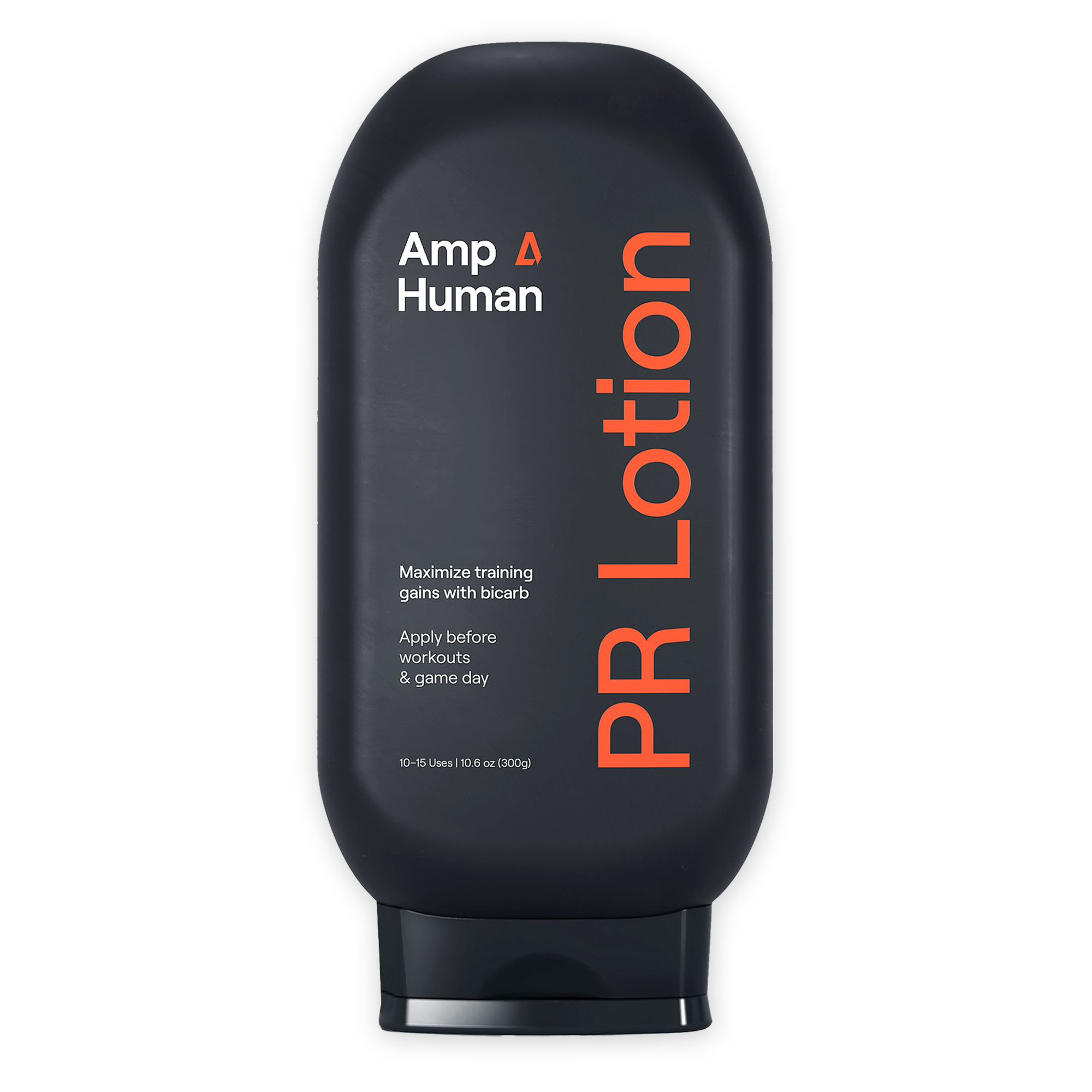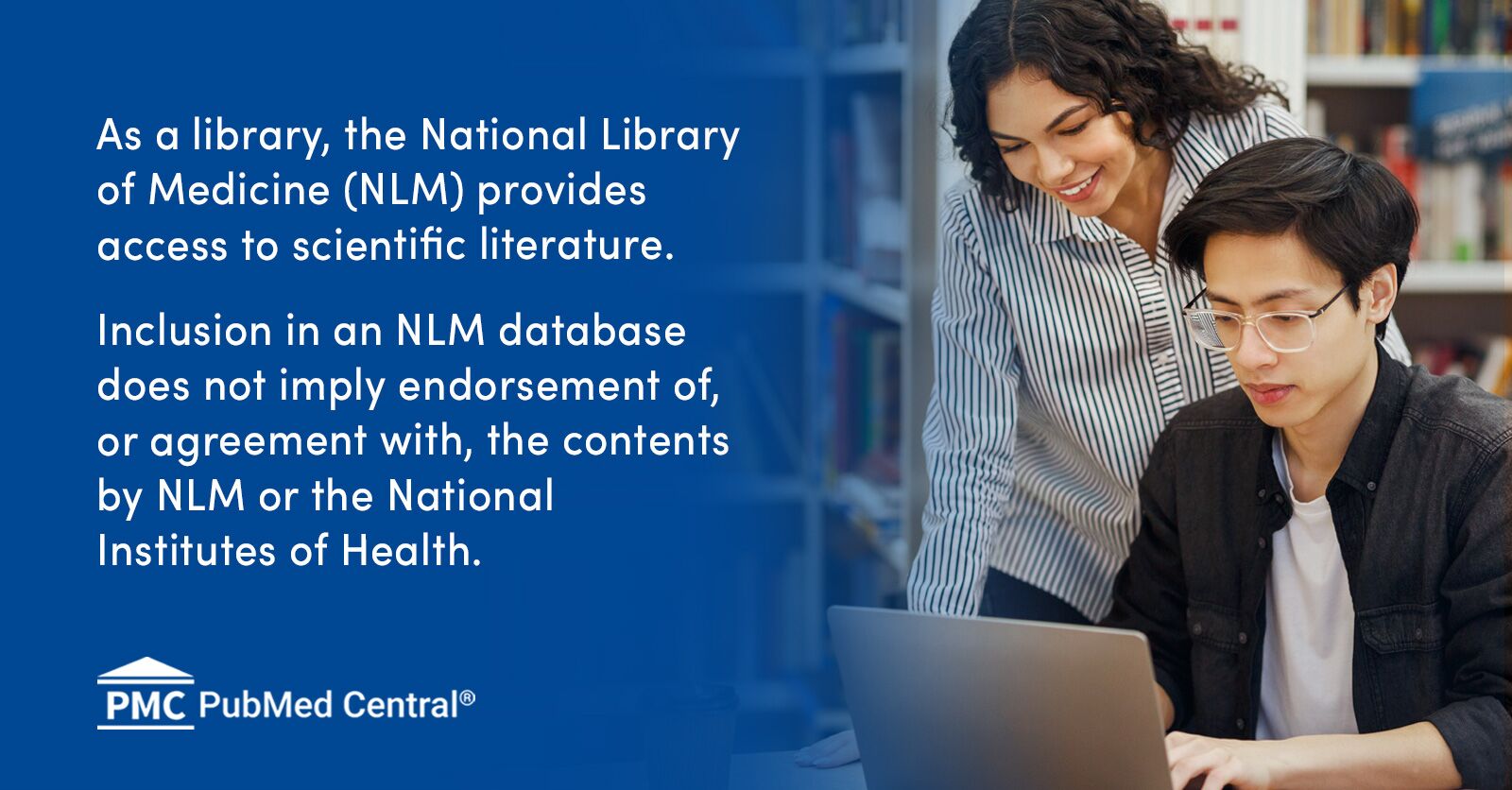In this video, section "Lactate vs. Lactic acid" 16:38, George Brooks Ph.D. describes Lactate as a "pretty strong acid".
This topic has really sparked my interest as there is also the comment from the host, Rhonda Patrick Ph.D., in regard to the neurons preferring Lactate and the relevance of this to ADHD.
This is a wonderful video. Great explanations by very knowledgeable people. Great appreciation for how articulate and a great interviewer Dr. Patrick is. She gets a lot of flack for promoting mechanistic studies into advice and guidance (without the proof of trials towards real outcomes), but she is so good at explaining studies and what they might mean. I think she's wonderful.
I think I've heard of Dr. George Brooks but this is the first time I've listened to him that I remember. Love his explanations and expertise.
Thanks for sharing this!


